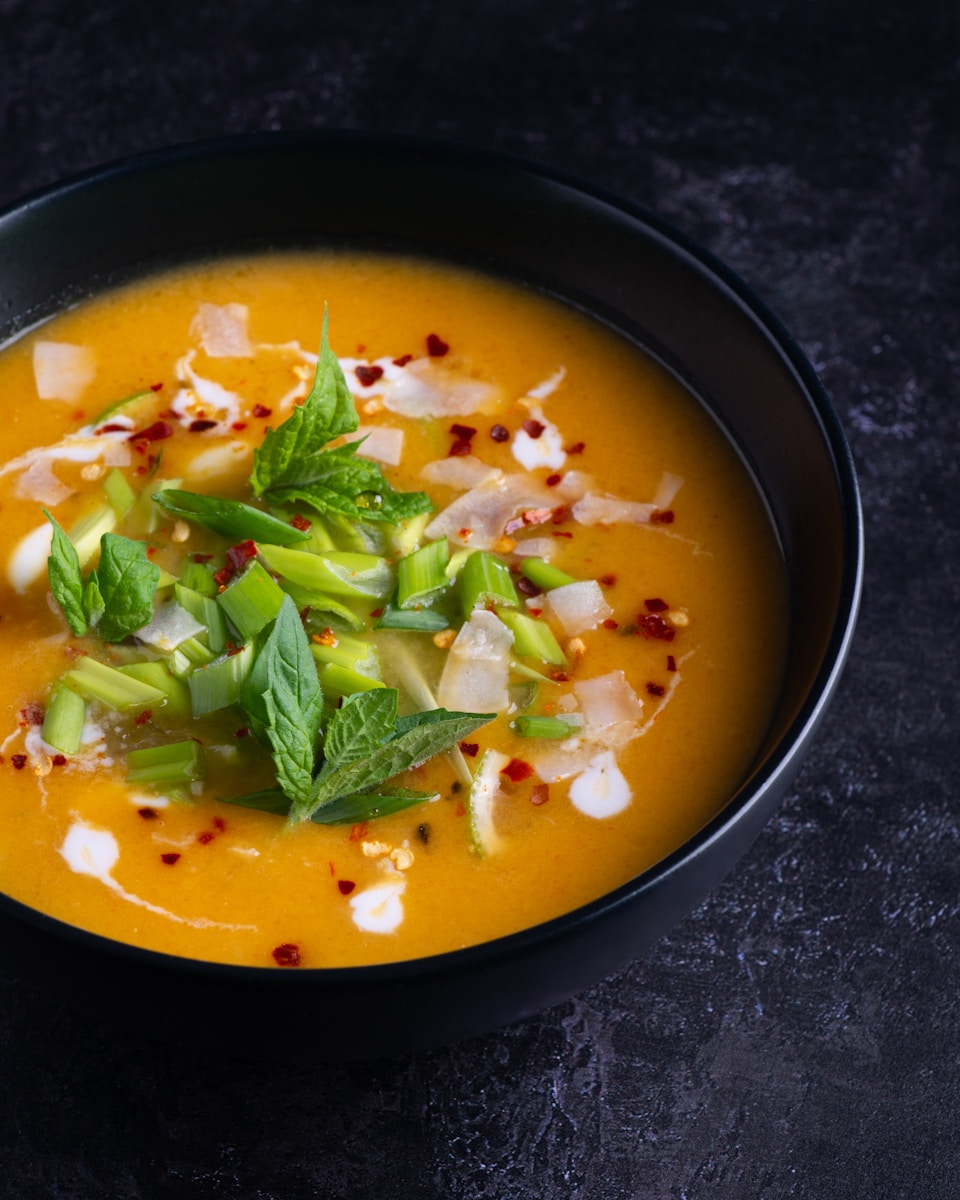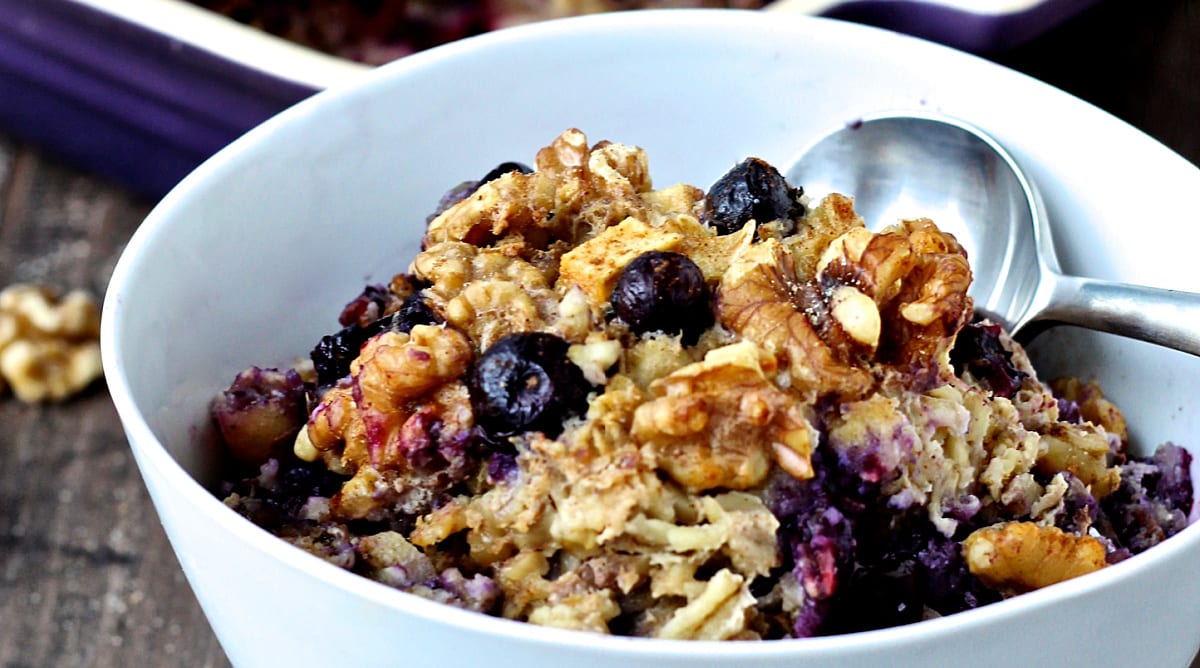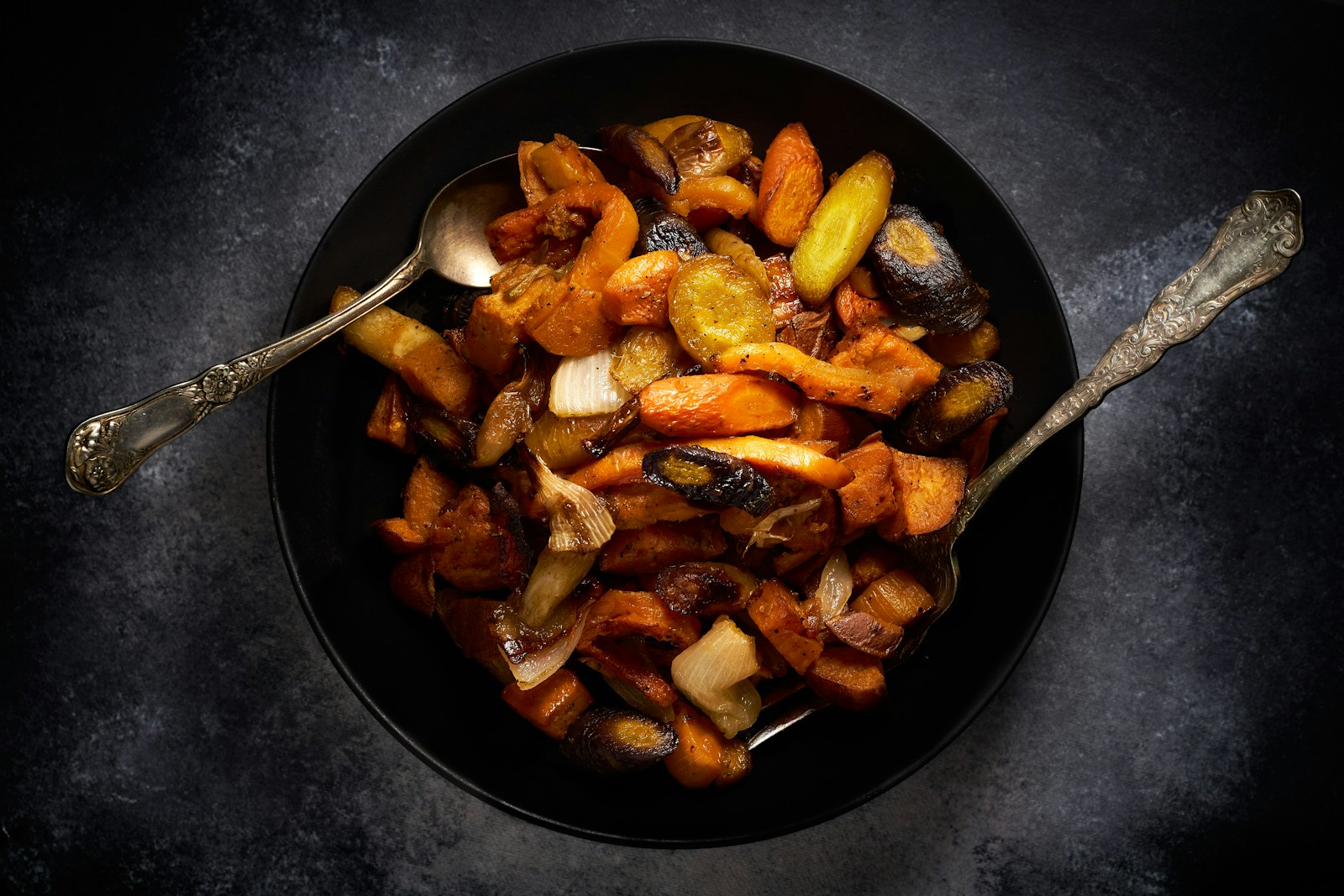Separating Fact from Fiction
As veganism continues to grow in popularity, myths and misconceptions about plant-based diets persist. Fall, with its focus on seasonal foods and wellness, is an ideal time to address these misconceptions. Let’s explore and debunk some common myths about vegan nutrition, highlighting how a well-planned vegan diet can meet all your nutritional needs.
Myth 1: Vegans Don’t Get Enough Protein
The Truth:
Plant-based diets can easily meet protein requirements through foods like lentils, tofu, tempeh, and quinoa. Many fall staples, such as black beans and pumpkin seeds, are also protein-rich. Combining complementary proteins (e.g., beans and rice) ensures you get all essential amino acids.
Myth 2: Vegan Diets Are Nutrient-Deficient
The Truth:
With thoughtful planning, a vegan diet provides all necessary nutrients. For instance:
- Vitamin B12: Found in fortified foods and supplements.
- Iron: Abundant in lentils, spinach, and pumpkin seeds. Pairing with vitamin C-rich foods like citrus enhances absorption.
- Calcium: Available in fortified plant-based milks, leafy greens, and almonds.
Myth 3: Vegan Diets Are Expensive
The Truth:
While specialty vegan products can be costly, a plant-based diet focused on whole foods like beans, grains, and seasonal produce is often budget-friendly. Fall vegetables such as sweet potatoes, carrots, and squash are affordable and nutrient-dense.
Myth 4: Vegan Diets Lack Omega-3 Fatty Acids
The Truth:
Plant-based omega-3s are available in chia seeds, flaxseeds, walnuts, and algae oil supplements. Adding these to fall-inspired meals ensures you meet your requirements for this essential nutrient.
Myth 5: Vegan Diets Are Boring
The Truth:
Fall’s abundance of fruits, vegetables, and spices makes vegan meals exciting and flavorful. From roasted squash soups to spiced apple crisps, the possibilities are endless. Experimenting with seasonal recipes and global cuisines keeps your meals varied and enjoyable.
Embracing the Truth About Vegan Nutrition
A well-rounded vegan diet, especially during fall, offers ample opportunities to meet nutritional needs while enjoying seasonal flavors. Dispelling these myths helps showcase the versatility and sustainability of plant-based living, proving that veganism is both practical and nutritious.



